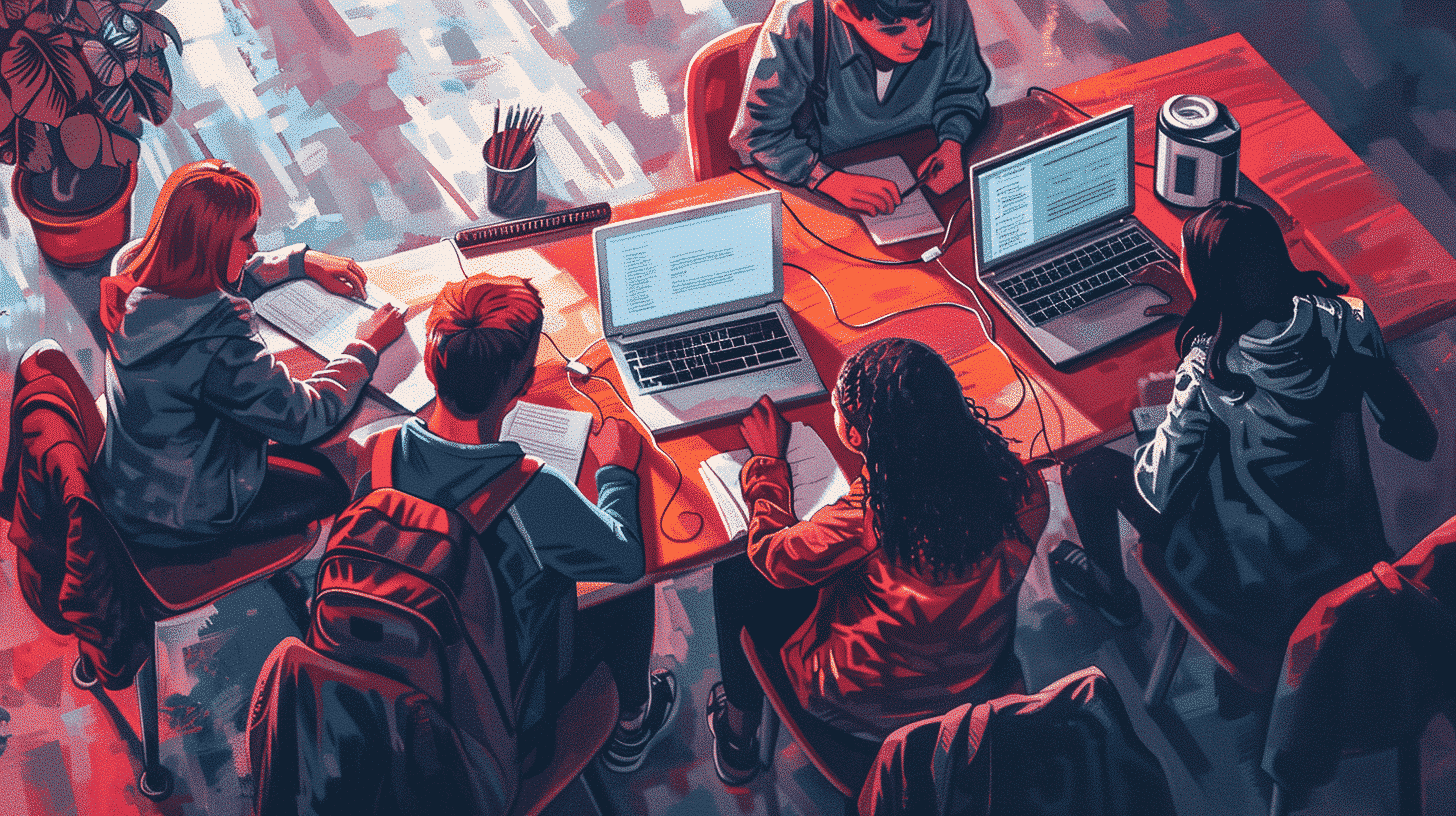Carnevale di Venezia (Venice Carnival)
The Venice Carnival is one of the most famous and visually stunning celebrations in Italy. Held annually in Venice, this festival is known for its elaborate masks, costumes, and grand parades. The celebration dates back to the 11th century and continues to attract tourists from all over the world.
For language learners, the Venice Carnival offers an excellent opportunity to practice Italian. Most of the festivities are accompanied by traditional music, theatrical performances, and various public events where you can engage with locals.
Vocabulary Focus:
– **Maschera** (Mask)
– **Costume** (Costume)
– **Sfilata** (Parade)
– **Teatro** (Theatre)
Language Tips:
1. **Attend theatrical performances**: Many of the plays performed during the Venice Carnival are in Italian. Try to attend a few and follow along with a script if available. This will help you understand the context and pick up new vocabulary.
2. **Engage with locals**: Don’t shy away from starting a conversation with the locals. Ask them about the history of the carnival, their favorite masks, or the significance of certain traditions. This will not only improve your speaking skills but also enrich your cultural understanding.
Pasqua (Easter)
Easter, or Pasqua, is one of the most important religious holidays in Italy. The celebrations begin during Holy Week (Settimana Santa) and culminate on Easter Sunday. Italy has a variety of regional traditions that make Easter a unique experience in different parts of the country.
In Rome, the Pope holds a mass at St. Peter’s Basilica, which is a deeply spiritual experience for many. In Florence, the Scoppio del Carro (Explosion of the Cart) is a spectacular event where a cart filled with fireworks is ignited to ensure a good harvest.
Vocabulary Focus:
– **Pasqua** (Easter)
– **Settimana Santa** (Holy Week)
– **Messa** (Mass)
– **Fuochi d’artificio** (Fireworks)
Language Tips:
1. **Participate in religious services**: Attending a mass or other religious services can be a great way to hear formal and ceremonial Italian. Pay attention to the prayers and hymns, as these often contain rich, historical language.
2. **Explore regional traditions**: If you can, travel to different parts of Italy during Easter. Each region has its own unique way of celebrating, and this can expose you to different dialects and local expressions.
Festa della Repubblica (Republic Day)
Celebrated on June 2nd, Festa della Repubblica marks the day when Italians voted to abolish the monarchy in 1946. This national holiday is marked by grand parades, military displays, and fireworks.
Rome is the epicenter of these celebrations, with a large parade taking place along Via dei Fori Imperiali, ending at the Altare della Patria.
Vocabulary Focus:
– **Repubblica** (Republic)
– **Parata** (Parade)
– **Militare** (Military)
– **Fuochi d’artificio** (Fireworks)
Language Tips:
1. **Watch the parade**: The commentary during the parade is usually in formal Italian. This can be an excellent way to learn vocabulary related to the military and national pride.
2. **Read historical accounts**: Leading up to Republic Day, read articles or books about the history of the Italian Republic. This will not only improve your reading skills but also give you context for the celebrations.
Ferragosto
Ferragosto, celebrated on August 15th, is a public holiday that combines the Catholic feast of the Assumption of Mary with ancient Roman traditions. It marks the height of summer and is a time when many Italians take their vacations.
Cities across Italy host various events, including concerts, fireworks, and beach parties.
Vocabulary Focus:
– **Assunzione** (Assumption)
– **Vacanza** (Vacation)
– **Concerto** (Concert)
– **Spiaggia** (Beach)
Language Tips:
1. **Attend local events**: Participate in concerts and beach parties to practice your Italian in a relaxed, social setting. This is a great way to learn colloquial expressions and slang.
2. **Travel**: If possible, travel to different regions during Ferragosto. Each area has its own way of celebrating, and this can expose you to various dialects and regional vocabularies.
Natale (Christmas)
Christmas in Italy is a magical time filled with family gatherings, feasts, and religious ceremonies. The festivities start on December 8th with the Feast of the Immaculate Conception and continue until Epiphany on January 6th.
Nativity scenes (presepi) are a significant part of the celebration, and you’ll find elaborate displays in churches, homes, and public squares.
Vocabulary Focus:
– **Natale** (Christmas)
– **Presepe** (Nativity Scene)
– **Festa** (Feast)
– **Epifania** (Epiphany)
Language Tips:
1. **Join family gatherings**: If you have Italian friends or are staying with a host family, participate in their Christmas celebrations. This is a fantastic opportunity to practice conversational Italian and learn about holiday-specific vocabulary.
2. **Visit nativity scenes**: As you explore different nativity scenes, pay attention to the descriptions and stories. This will help you understand religious and historical contexts, enriching your vocabulary.
La Festa di San Giovanni (Feast of St. John)
The Feast of St. John is celebrated on June 24th and is particularly significant in Florence, Turin, and Genoa. The day is marked by parades, fireworks, and various traditional events.
In Florence, the highlight is the Calcio Storico, a historical football match played in medieval costumes.
Vocabulary Focus:
– **San Giovanni** (St. John)
– **Parata** (Parade)
– **Fuochi d’artificio** (Fireworks)
– **Calcio** (Football)
Language Tips:
1. **Watch the Calcio Storico**: The commentary during the match is usually in Italian and can be an excellent way to learn sports-related vocabulary.
2. **Engage with locals**: Ask locals about the history and significance of the Feast of St. John. This will improve your speaking skills and provide cultural insights.
Conclusion
Italy’s traditional celebrations offer a rich tapestry of experiences that can significantly enhance your Italian language skills. By immersing yourself in these events, you gain not only linguistic proficiency but also a deeper understanding of Italian culture and traditions. Whether it’s the grandeur of the Venice Carnival, the solemnity of Easter, or the festive spirit of Ferragosto, each celebration provides unique opportunities for learning and engagement.
So, pack your bags, brush up on your Italian, and dive into the heart of Italy’s traditional celebrations. Buon viaggio!






